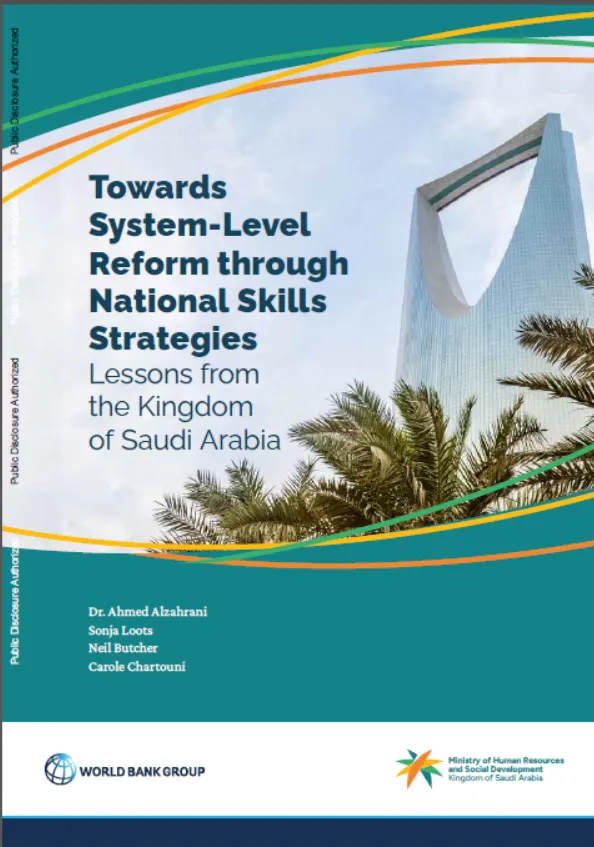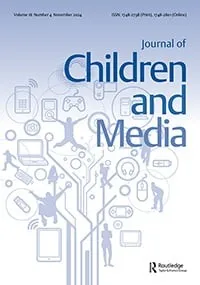Resources
Featured resources
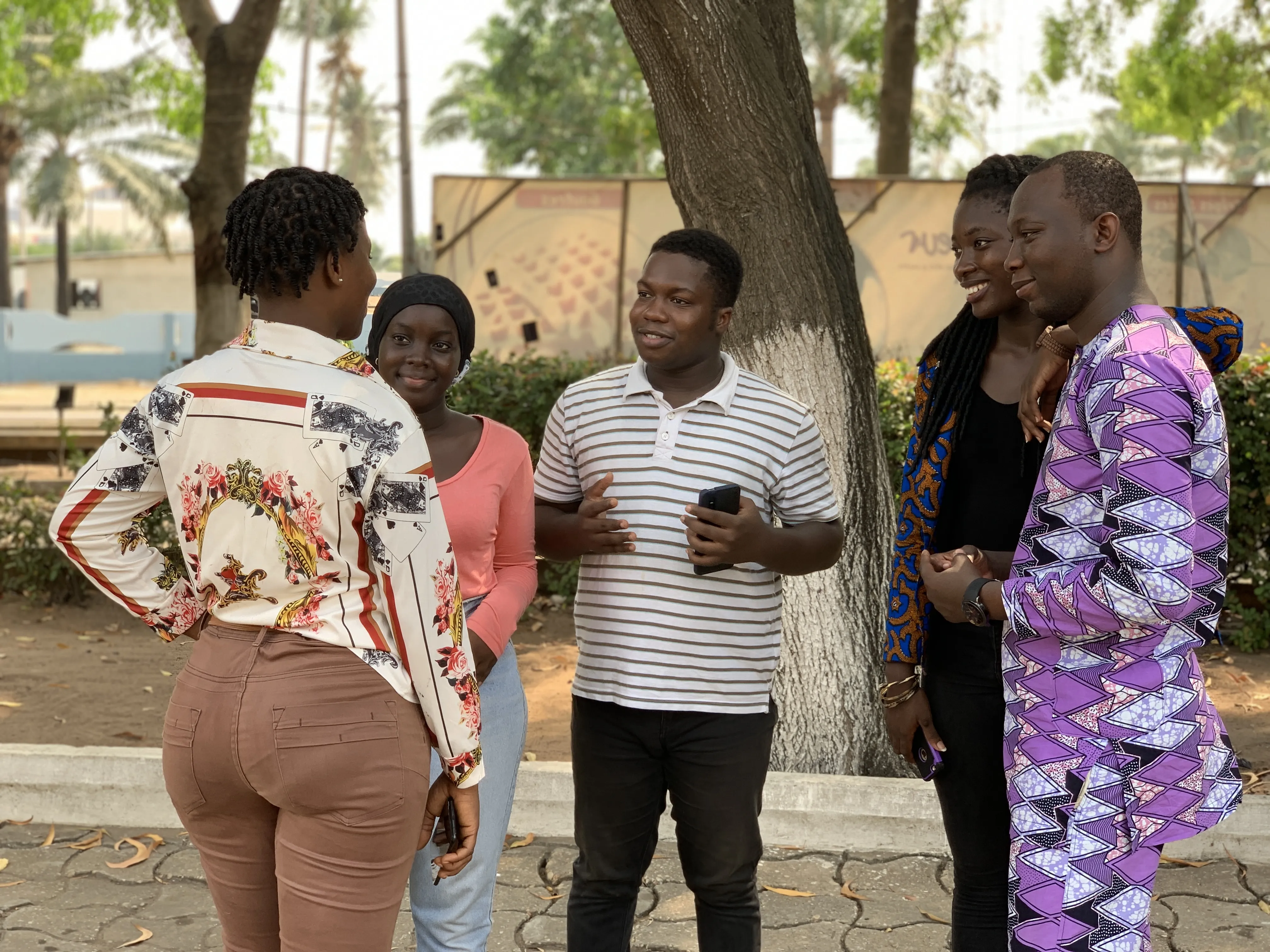
Towards System-Level Reform through National Skills Strategies Lessons from the Kingdom of Saudi Arabia
The World Bank, in collaboration with the Ministry of Human Resources and Social Development (MHRSD) of the Kingdom of Saudi Arabia (KSA), developed a system-level skills strategy designed to guide the creation and enhancement of coordinated skills systems. This strategy supports KSA’s efforts to diversify its economy and equip its citizens with the skills needed to thrive in a globalized world. It also addresses the need to better align and coordinate current skills development initiatives.

Tracing educational changes through world history
This paper presents a broad overview of education through history, focusing on understanding key moments of change. The purpose of exploring educational changes through history is to identify the drivers of large-scale educational change and reflect on what implications this might have for promoting similar types of systemic educational change today.
A media-based approach to build preschoolers’ playful problem-solving skills in South Africa: An evaluation of Takalani Sesame
NBA researcher, Merridy Wilson-Strydom, contributed to this article focused on developing understanding of approaches to building children’s problem-solving skills through play-based media. This paper presents findings from an evaluation of a play-based child-directed mass media program produced and distributed across South Africa, Takalani Sesame.
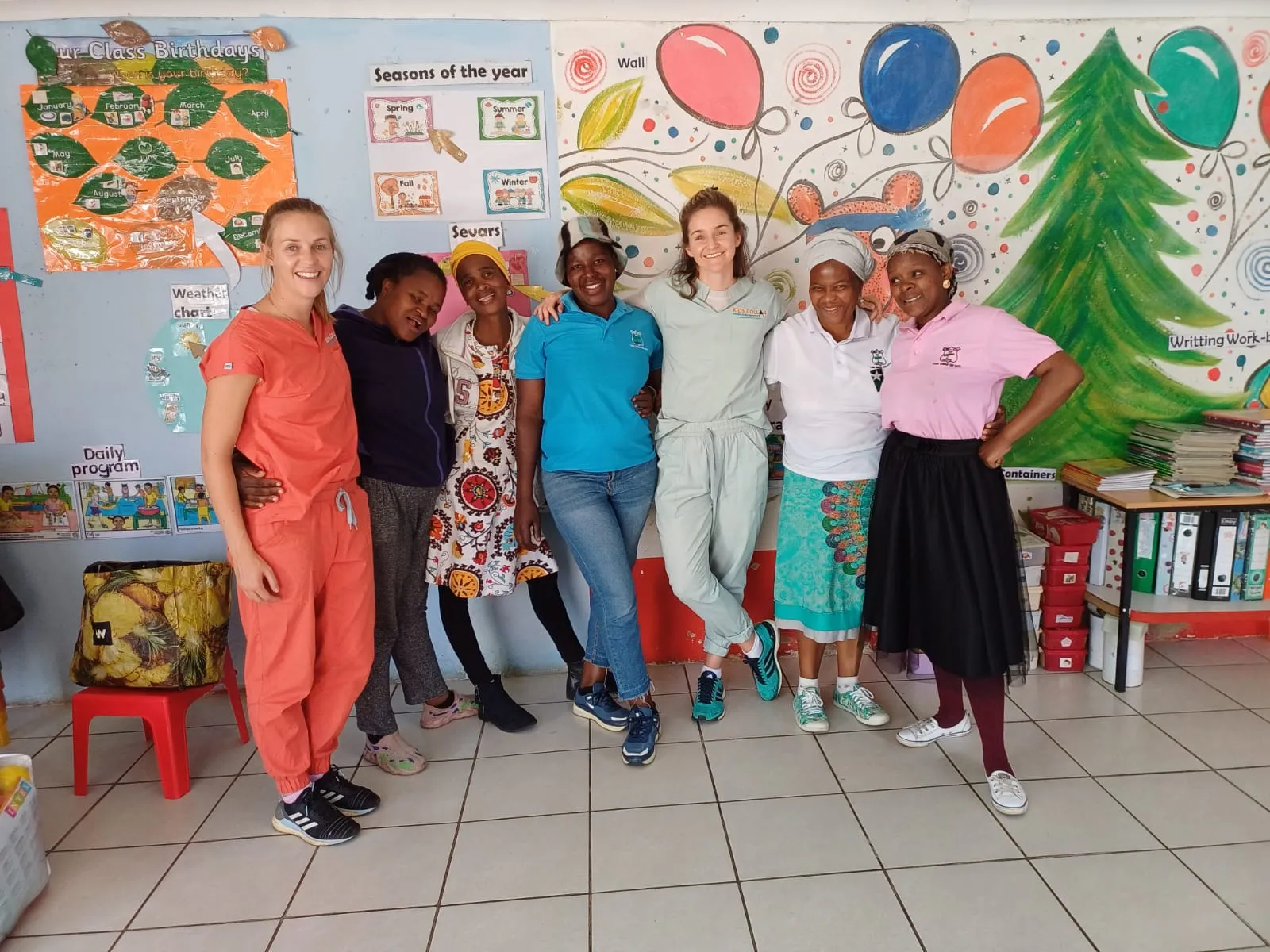
Kids Collab Physical Development and Wellbeing School Programme: Pilot Project Research Report
Kids Collab developed a Physical Development and Wellbeing Programme with a core focus on empowering practitioners to integrate physical activity and Social and Emotional Learning (SEL) into a typical early year’s education school structure. The programme provides practitioners with the necessary training, knowledge, and resources to stimulate children’s physical development and well-being while aligning with the South African National Curriculum Framework (NCF).

Open Educational Resource Policy Case Studies: The Seychelles
This case study outlines the OER policy development process for the Seychelles’ Information Communications Technology (ICT) in Education and Training Policy (2014-2019) and the subsequent ICT in Education and Training Policy (2022-2027). Both projects were initiated and supported by the Commonwealth of Learning (COL).
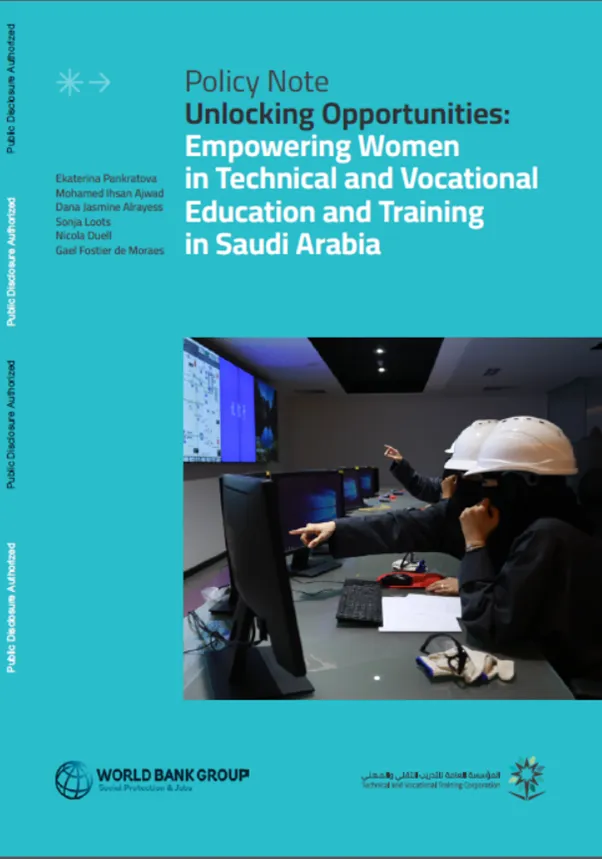
Unlocking Opportunities: Empowering Women in Technical and Vocational Education and Training in Saudi Arabia
This policy report takes stock of the achievements of Saudi Arabia in enabling women to participate in skills development, identifies remaining challenges, and presents international best practices on how to address gender barriers and constraints in TVET
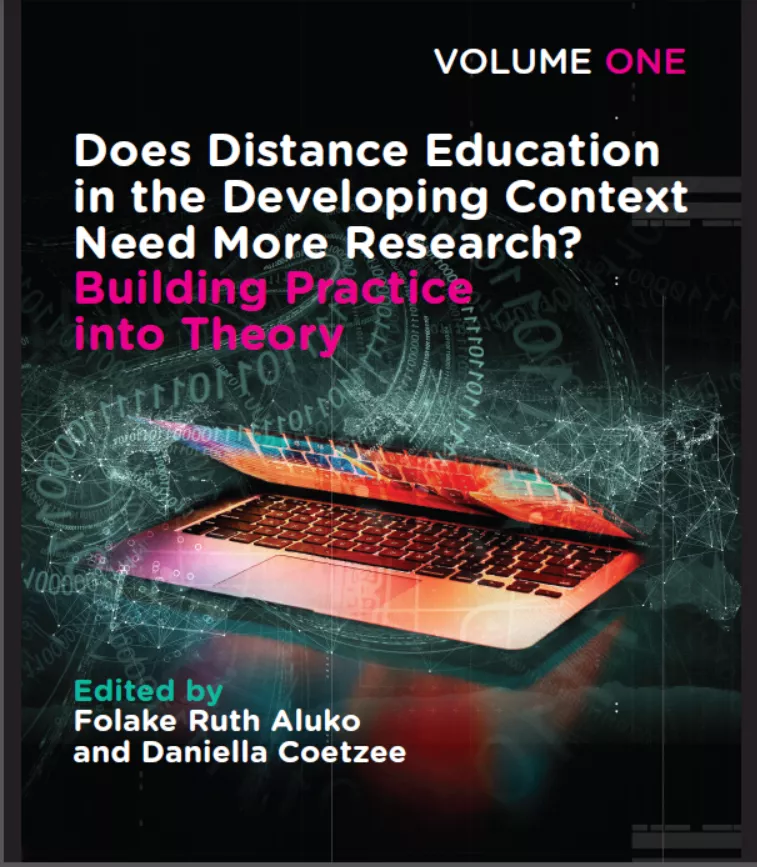
Chapter 13 - Measuring implementation of UNESCO’s OER Recommendation: A possible framework
Drawing on a comprehensive literature review of best practice in OER measurement, as well as experience of working with UNESCO to support implementation of the Recommendation, this chapter presents an initial framework for the measurement of the effectiveness of the OER Recommendation and proposes indicators that regions, countries, and/or institutions could adopt or adapt to rigorously measure both how OER is used and its effectiveness for improving learning.
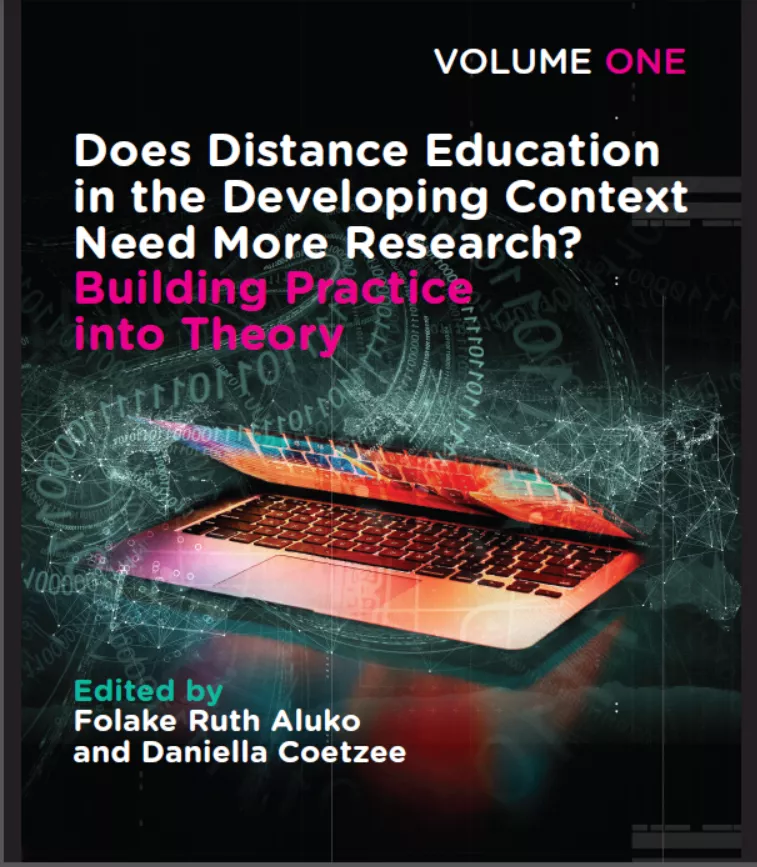
Chapter 12 - Approaches To Continuing Professional Development For Open Education Practices In Africa
The COVID-19 pandemic brought the importance of professional development on effective teaching and learning for university academics into sharp relief. Universities found themselves having to close their campuses and were unable to teach their students face-to-face. Universities in Africa resorted to various strategies to reach students, ranging from no teaching taking place, through emergency remote teaching (ERT) with some form of online teaching, to fully implemented e-learning.
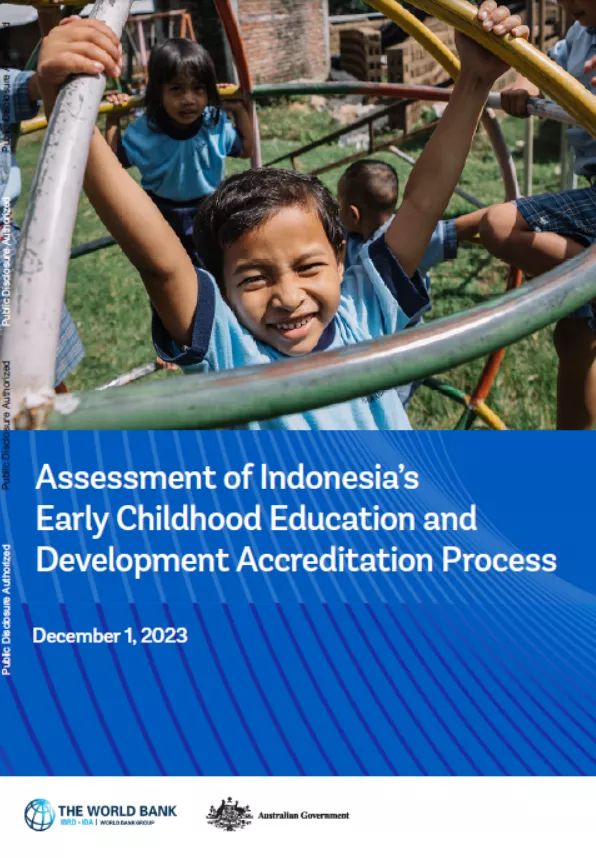
Assessment of Indonesia’s Early Childhood Education and Development Accreditation Process
Investments in early years of education and childhood development are among the most cost-effective and beneficial a country can make to tackle learning poverty, promote healthy child development, and enhance shared prosperity. Over the past two decades, the Government of Indonesia (GoI) has scaled up its commitment to early childhood education and development (ECED) through various educational reforms, policies, programs, and financial investments. With the expansion of Indonesia’s ECED system, the GoI has committed to improving its quality since the early 2000s.
Browse resources main links
Search resources

Community-Based Learning in Higher Education: Analytical Report
Towards System-Level Reform through National Skills Strategies Lessons from the Kingdom of Saudi Arabia
The World Bank, in collaboration with the Ministry of Human Resources and Social Development (MHRSD) of the Kingdom of Saudi Arabia (KSA), developed a system-level skills strategy designed to guide the creation and enhancement of coordinated skills systems. This strategy supports KSA’s efforts to diversify its economy and equip its citizens with the skills needed to thrive in a globalized world. It also addresses the need to better align and coordinate current skills development initiatives.

Tracing educational changes through world history
This paper presents a broad overview of education through history, focusing on understanding key moments of change. The purpose of exploring educational changes through history is to identify the drivers of large-scale educational change and reflect on what implications this might have for promoting similar types of systemic educational change today.
A media-based approach to build preschoolers’ playful problem-solving skills in South Africa: An evaluation of Takalani Sesame
NBA researcher, Merridy Wilson-Strydom, contributed to this article focused on developing understanding of approaches to building children’s problem-solving skills through play-based media. This paper presents findings from an evaluation of a play-based child-directed mass media program produced and distributed across South Africa, Takalani Sesame.

Kids Collab Physical Development and Wellbeing School Programme: Pilot Project Research Report
Kids Collab developed a Physical Development and Wellbeing Programme with a core focus on empowering practitioners to integrate physical activity and Social and Emotional Learning (SEL) into a typical early year’s education school structure. The programme provides practitioners with the necessary training, knowledge, and resources to stimulate children’s physical development and well-being while aligning with the South African National Curriculum Framework (NCF).

Open Educational Resource Policy Case Studies: The Seychelles
This case study outlines the OER policy development process for the Seychelles’ Information Communications Technology (ICT) in Education and Training Policy (2014-2019) and the subsequent ICT in Education and Training Policy (2022-2027). Both projects were initiated and supported by the Commonwealth of Learning (COL).

Unlocking Opportunities: Empowering Women in Technical and Vocational Education and Training in Saudi Arabia
This policy report takes stock of the achievements of Saudi Arabia in enabling women to participate in skills development, identifies remaining challenges, and presents international best practices on how to address gender barriers and constraints in TVET

Chapter 13 - Measuring implementation of UNESCO’s OER Recommendation: A possible framework
Drawing on a comprehensive literature review of best practice in OER measurement, as well as experience of working with UNESCO to support implementation of the Recommendation, this chapter presents an initial framework for the measurement of the effectiveness of the OER Recommendation and proposes indicators that regions, countries, and/or institutions could adopt or adapt to rigorously measure both how OER is used and its effectiveness for improving learning.

Chapter 12 - Approaches To Continuing Professional Development For Open Education Practices In Africa
The COVID-19 pandemic brought the importance of professional development on effective teaching and learning for university academics into sharp relief. Universities found themselves having to close their campuses and were unable to teach their students face-to-face. Universities in Africa resorted to various strategies to reach students, ranging from no teaching taking place, through emergency remote teaching (ERT) with some form of online teaching, to fully implemented e-learning.

Assessment of Indonesia’s Early Childhood Education and Development Accreditation Process
Investments in early years of education and childhood development are among the most cost-effective and beneficial a country can make to tackle learning poverty, promote healthy child development, and enhance shared prosperity. Over the past two decades, the Government of Indonesia (GoI) has scaled up its commitment to early childhood education and development (ECED) through various educational reforms, policies, programs, and financial investments. With the expansion of Indonesia’s ECED system, the GoI has committed to improving its quality since the early 2000s.

